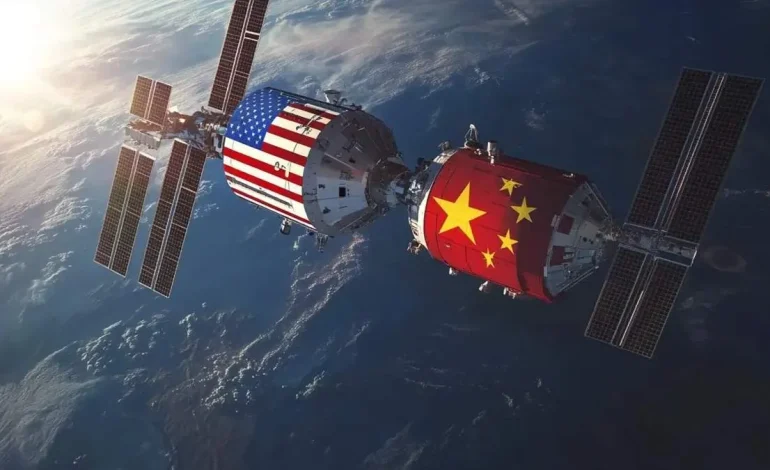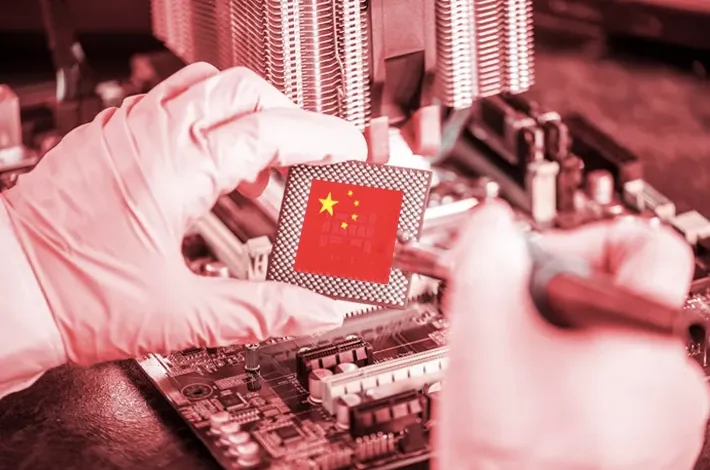China’s Space Economy: From Moon Missions to Commercial Satellites

Beijing positions space as the next industrial frontier, blending defense and private startups.
The New Space Race
China’s ambitions in space are no longer limited to prestige projects like manned missions and moon landings. In the last decade, Beijing has built a multi-billion-dollar “space economy”, spanning satellite networks, commercial launch services, and deep-space exploration.
What was once a state-only domain now involves private startups, provincial governments, and venture capital, all contributing to a fast-growing industry.
Moon and Mars Projects
China’s space program has already achieved milestones:
- Chang’e lunar missions delivered samples back to Earth.
- The Tianwen-1 Mars rover made China only the second nation to land successfully on the Red Planet.
- Plans for a lunar base by the 2030s suggest Beijing sees space not just as science but as strategic infrastructure.
These projects are driven by more than prestige. Lunar mining and Mars exploration are framed as future engines of economic and technological advantage.
The Satellite Economy
Beyond exploration, China’s satellite sector is booming. State-backed firms and private startups are building constellations for navigation, communications, and Earth observation.
The BeiDou navigation system, already operational, rivals GPS and is used across Asia and Africa. Earth-observation satellites provide critical data for agriculture, disaster management, and urban planning.
Meanwhile, commercial startups like Galactic Energy and iSpace are lowering launch costs, offering satellite rideshares to domestic and foreign clients.
Private Sector Momentum
In 2014, China opened the space sector to private investment. Since then, over 200 startups have emerged, focusing on rockets, satellite platforms, and ground services. Many are staffed by engineers from state agencies, blending public expertise with private speed.
Venture capital and provincial funds see the space industry as the next high-tech frontier, echoing the earlier rise of AI and fintech.
Strategic Stakes
For Beijing, the space economy is about security, sovereignty, and soft power. Space-based internet systems, for example, are not only commercial tools but also alternatives to U.S.-dominated networks like Starlink.
Military-civil fusion ensures that breakthroughs in commercial space directly enhance national defense, whether in secure communications or missile tracking.
Finance and Space Services
Commercial space also requires new financial models. Insurance for satellite launches, payments for ground data services, and cross-border collaborations are complex and high risk.
Some startups are experimenting with digital settlement systems for satellite data sales, enabling instant micropayments between providers and users worldwide. These pilots show how fintech tools are gradually linking Earth and orbit, smoothing the flow of both data and money.
While still experimental, such models suggest that in the future, satellite services may be as seamlessly traded as cloud storage or streaming subscriptions.
Global Competition
China faces stiff competition. The U.S. dominates commercial space through SpaceX, Blue Origin, and a growing startup ecosystem. Europe and India are also expanding, while Japan focuses on lunar exploration.
China’s advantage is its combination of state coordination and private entrepreneurship. Its challenge is building trust in international markets where security concerns often overshadow technological capability.
Outlook: Earth to Orbit Integration
The rise of China’s space economy signals a future where space is no longer separate from the terrestrial economy. Satellites support agriculture, logistics, finance, and communications, while exploration projects inspire public imagination and geopolitical prestige.
By 2035, space may be a standard sector in China’s economic planning on par with semiconductors or clean energy. The question for global readers is not whether China will succeed, but how its model of state-guided commercialization will reshape the global space industry.






